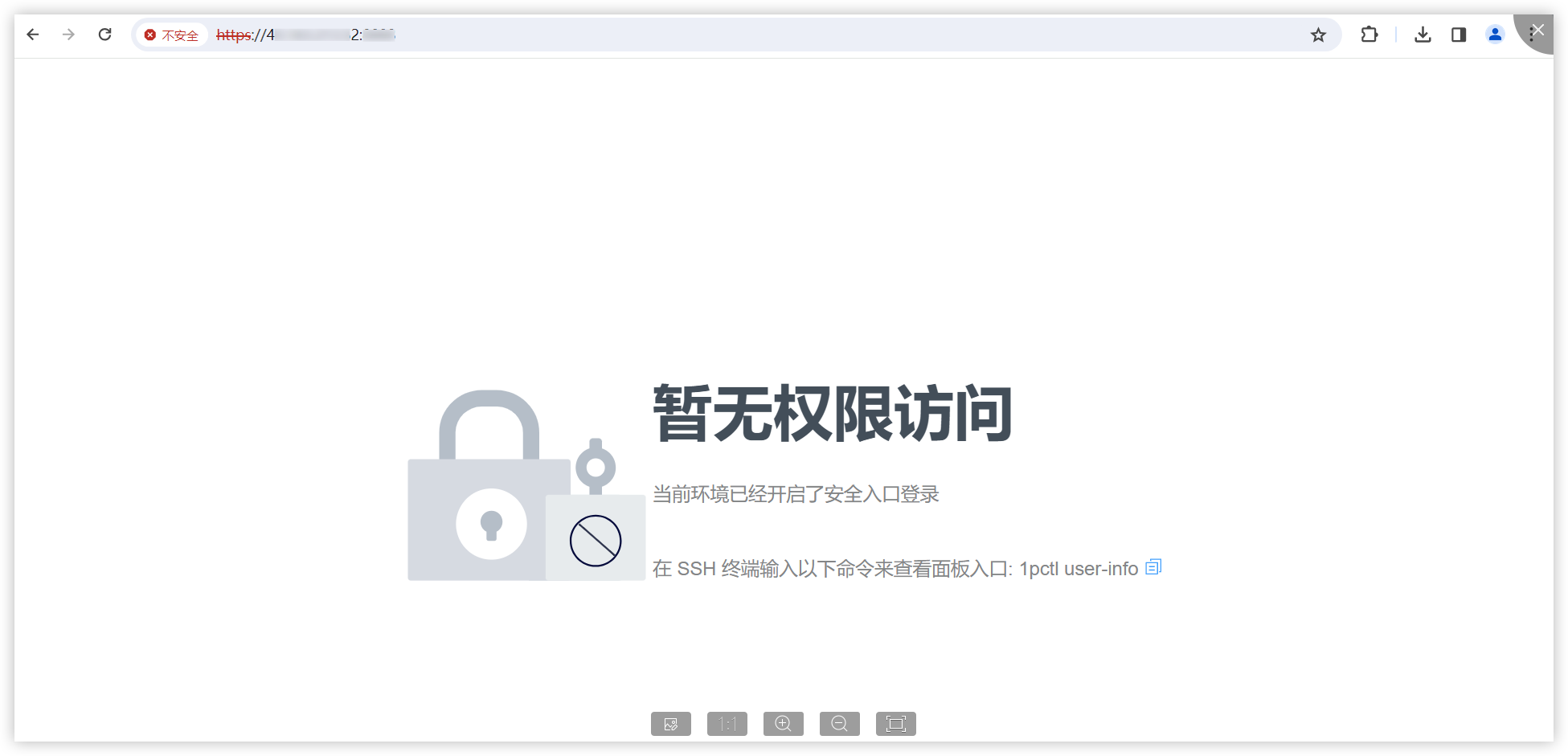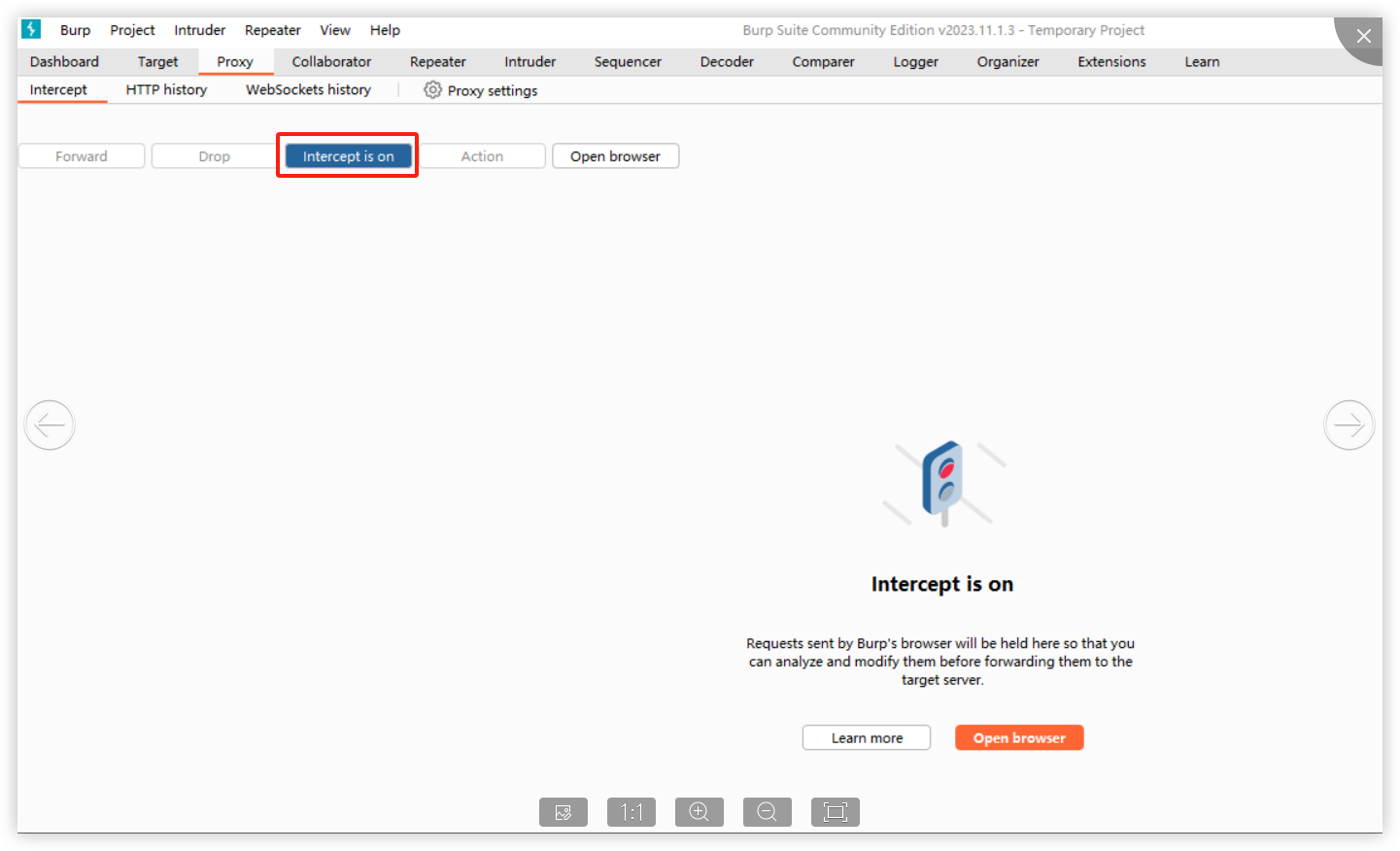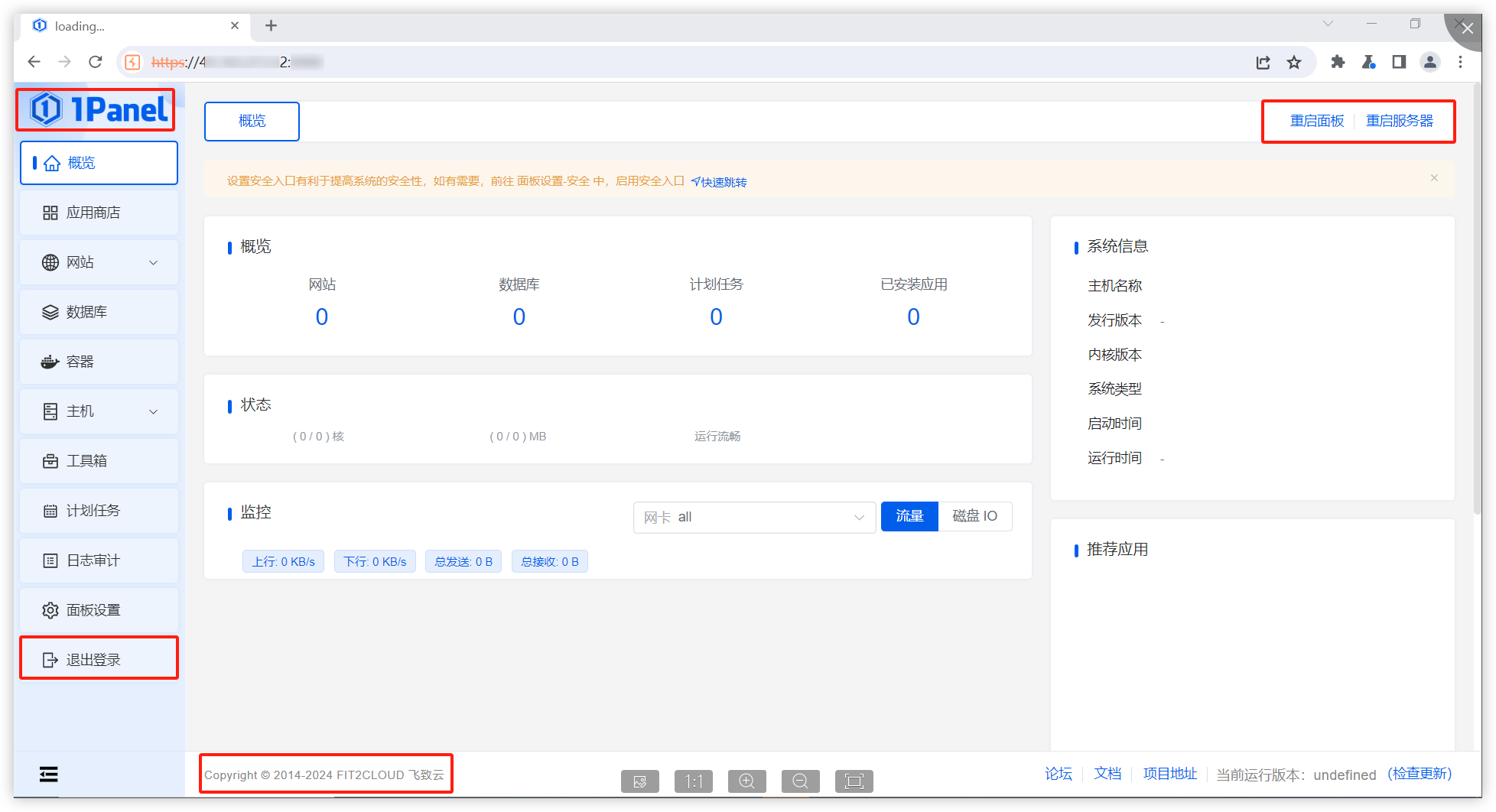Tag
#git
### Impact An attacker could crash the server by sending malformed JWT JSON in LoginPacket due to a security vulnerability in [netresearch/jsonmapper](https://github.com/cweiske/JsonMapper), due to attempting to construct objects from scalar types by default without any validation, with unexpected results that caused PocketMine-MP to crash. Due to the relatively high number of security issues arising from this specific dependency, the team is exploring options to replace it. ### Patches In the meantime, the issue was fixed by pmmp/netresearch-jsonmapper@b96a209f9e8b76b899a0d0918493cd87eb3c02a7 and 6872661fd03649cc7a8762c41c16e9ee5a4de1c9. ### Workarounds Detecting the malicious data that triggers this issue is of rather high difficulty, so it's not likely that a plugin would be able to easily remediate this. ### References https://github.com/cweiske/jsonmapper/issues/226
### Summary If a client sends a BookEditPacket with InventorySlot greater than 35, the server will crash due to an unhandled exception thrown by `BaseInventory->getItem()`. ### Details Crashes at https://github.com/pmmp/PocketMine-MP/blob/b744e09352a714d89220719ab6948a010ac636fc/src/network/mcpe/handler/InGamePacketHandler.php#L873 ### PoC Using Gophertunnel, use `serverConn.WritePacket(&packet.BookEdit{InventorySlot: 36})` ### Impact Server crash, all servers ### Patched versions This issue was fixed by 47f011966092f275cc1b11f8de635e89fd9651a7, and the fix was released in 5.11.2.
In Apache Linkis <=1.4.0, The password is printed to the log when using the Oracle data source of the Linkis data source module. We recommend users upgrade the version of Linkis to version 1.5.0
### Impact The steps are as follows: 1. Access https://IP:PORT/ in the browser, which prompts the user to access with a secure entry point.  2. Use Burp to intercept:  When opening the browser and entering the URL (allowing the first intercepted packet through Burp), the following is displayed:  It is found that in this situation, we can access the console page (although no data is returned and no modification operations can be performed)." Affected versions: <= 1.10.0-lts ### Patches The vulnerability has been fixed in v1.10.1-lts. ### Workarounds It is recommended to upgrade the version to 1.10.1-lts. ### References If you have any questions or comments about this advisory: Open ...
### Summary Here it is observed that the CasaOS doesn't defend against password brute force attacks, which leads to having full access to the server. ### Details The web application lacks control over the login attempts i.e. why attacker can use a password brute force attack to find and get full access over the. ### PoC 1. Capture login request in proxy tool like Burp Suite and select password field.  2. Here I have started attack with total number of 271 password tries where the last one is the correct password and as we can see in the following image we get a **400 Bad Request** status code with the message "**Invalid Password**" and response length **769** on 1st request which was sent at **_Tue, 16 Jan 2024 18:31:32 GMT_**  **Note**: _We have tested this vulnerabil...
### Summary The Casa OS Login page has disclosed the username enumeration vulnerability in the login page. ### Details It is observed that the attacker can enumerate the CasaOS username using the application response. If the username is incorrect application gives the error "**User does not exist**", If the password is incorrect application gives the error "**Invalid password**". ### PoC Capture the login request in a tool like Burp Suit and use the intruder tab for trying multiple usernames. Keep checking the response of each request if the response says **Invalid password** then the username is right. ### Impact Using this error attacker can enumerate the username of CasaOS. ### The logic behind the issue If the username is incorrect, then throw an error "User does not exist" else throw an error "Invalid password". This condition can be vice versa like: If the password is incorrect, then throw an error "Invalid password" else throw an error "User does not exist". ### ...
### Summary http://demo.casaos.io/v1/users/image?path=/var/lib/casaos/1/avatar.png Originally it was to get the url of the user's avatar, but the path filtering was not strict, making it possible to get any file on the system. ### Details Construct paths to get any file. Such as the CasaOS user database, and furthermore can obtain system root privileges. ### PoC http://demo.casaos.io/v1/users/image?path=/var/lib/casaos/conf/../db/user.db ### Impact v0.4.6 all previous versions
### Impact The Symfony Session Handler, pop's the Session Cookie and assign it to the Response. Since Shopware 6.5.8.0 the 404 pages, are cached, to improve the performance of 404 pages. So the cached Response, contains a Session Cookie when the Browser accessing the 404 page, has no cookies yet. The Symfony Session Handler is in use, when no explicit Session configuration has been done. When Redis is in use for Sessions using the PHP Redis extension, this exploiting code is not used. ### Patches Update to Shopware version 6.5.8.7 ### Workarounds Using Redis for Sessions, as this does not trigger the exploit code. Example configuration for Redis ```ini # php.ini session.save_handler = redis session.save_path = "tcp://127.0.0.1:6379" ``` ## Consequences As an guest browser session has been cached on a 404 page, every missing image or directly reaching a 404 page will logout the customer or clear his cart.
Deserialization of Untrusted Data vulnerability in Apache InLong.This issue affects Apache InLong: from 1.8.0 through 1.10.0, the attackers can use the specific payload to read from an arbitrary file. Users are advised to upgrade to Apache InLong's 1.11.0 or cherry-pick [1] to solve it. [1] https://github.com/apache/inlong/pull/9673
## Duplicate Advisory This advisory has been withdrawn because it is a duplicate of GHSA-3qx3-6hxr-j2ch. This link is maintained to preserve external references. ## Original Description Buffer Overflow vulnerability in eza before version 0.18.2, allows local attackers to execute arbitrary code via the .git/HEAD, .git/refs, and .git/objects components.